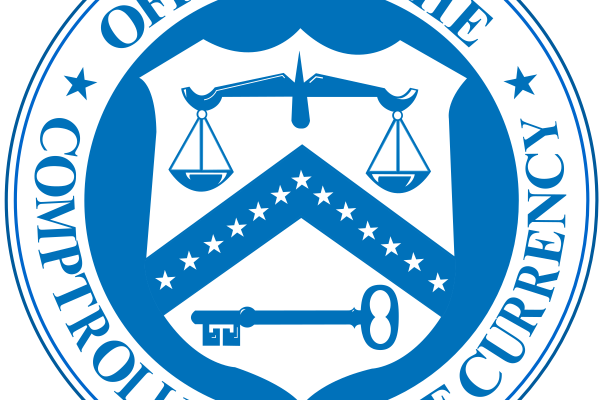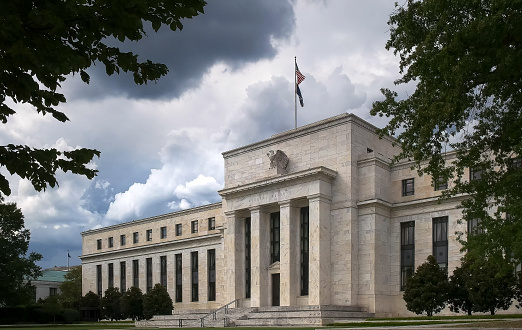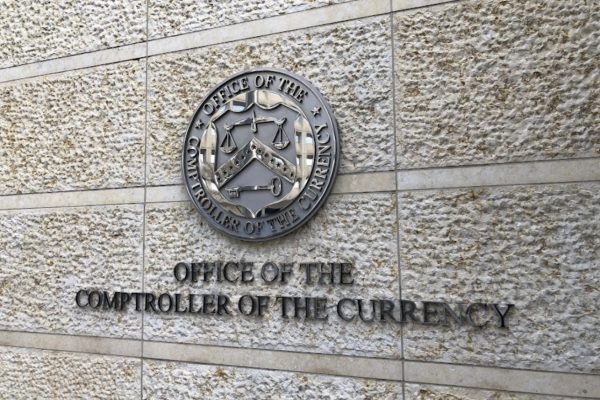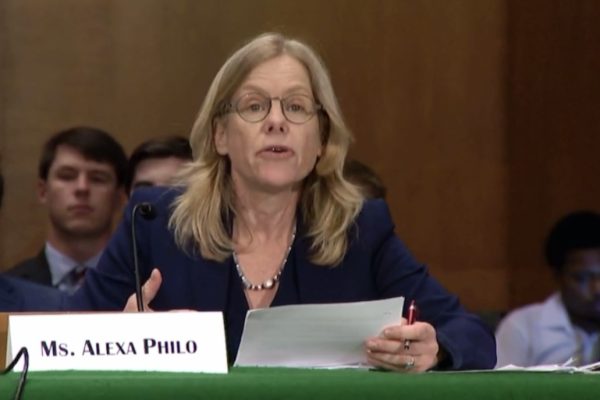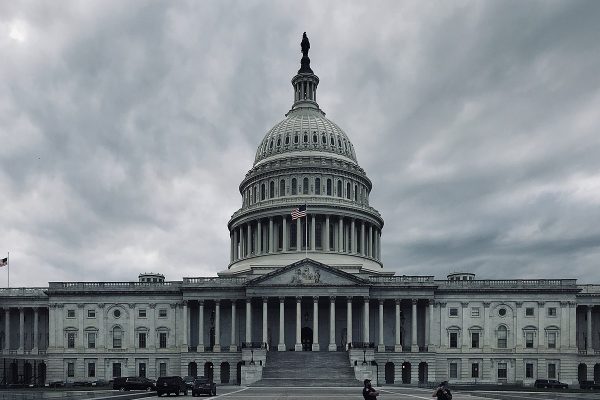News Release: Bank Regulators Need to Swiftly Act to Strengthen Bank Merger Guidelines
Today, 29 groups called on federal bank regulators to finally draft a plan to strengthen the merger guidelines to mitigate the adverse effects of bank consolidation, which include increased evictions, higher rates of debt collection, and decreased access to credit for consumers and businesses.





